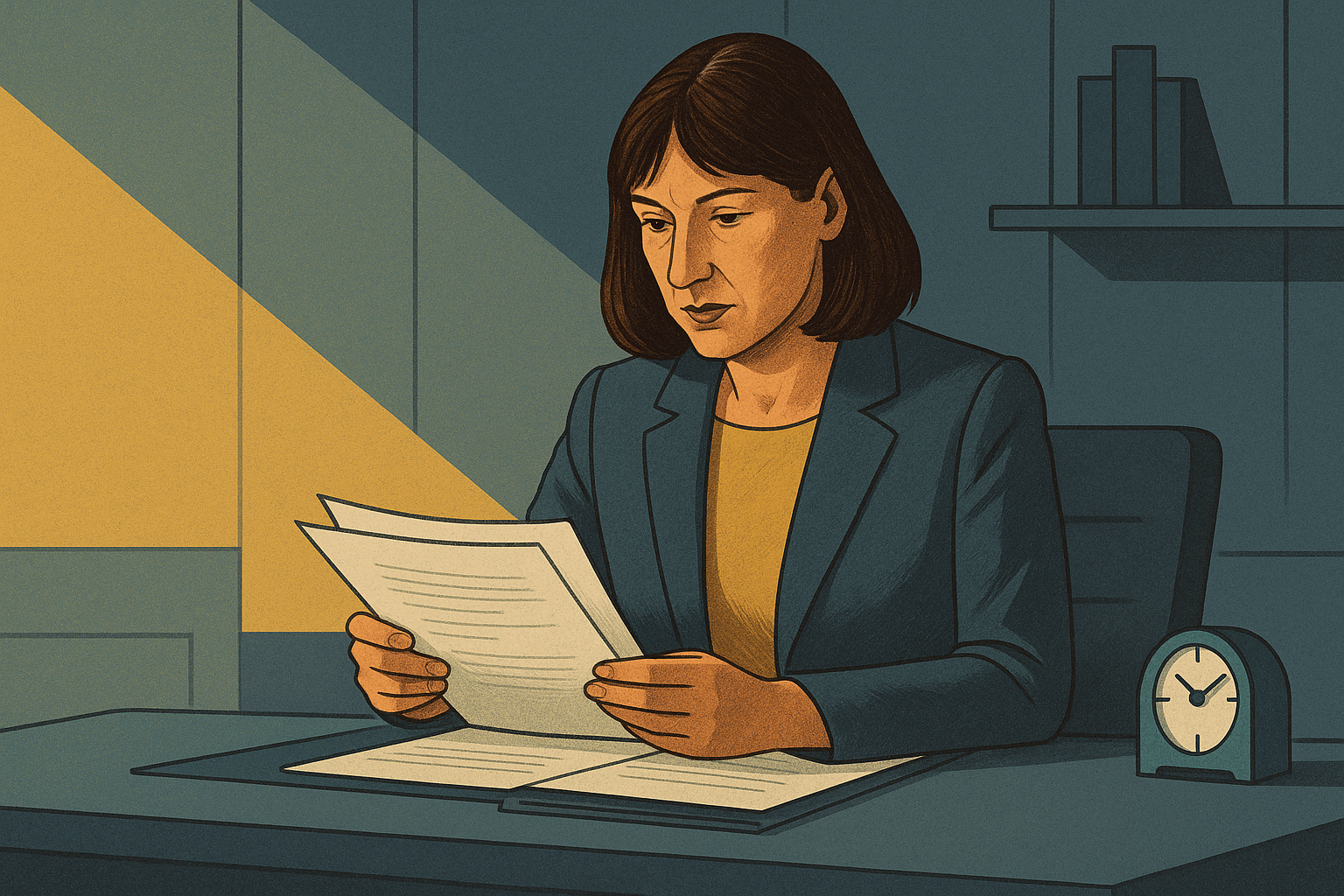The UK’s annual inflation rate stayed at 3.8% in the year to September 2025, unchanged from July and August, according to the latest data from the Office for National Statistics (ONS).
The figure marks the twelfth consecutive month above the government’s 2% target and comes as the Bank of England weighs the timing of its next interest-rate decision ahead of the November Budget.
The ONS said the largest upward contributions to inflation continued to come from services and housing, while food and non-alcoholic beverage prices rose 5.1% on the year. Energy costs were lower than a year earlier, helping to offset those pressures.
According to the ONS, core inflation, which excludes energy, food, alcohol and tobacco, eased slightly to 3.5% from 3.6% in August. The CPIH measure, which includes owner-occupiers’ housing costs, was unchanged at 4.1%.
In its October monetary policy summary, the Bank of England noted that “inflationary pressures remain elevated in the services sector” and that policy would remain “restrictive for as long as necessary” to return inflation to target. The Bank Rate currently stands at 4%, following two modest cuts earlier in the year.
Chancellor Rachel Reeves said in a pre-Budget briefing on 21 October that “the fight against inflation is not yet over” and that the government would continue to pursue “a balanced approach to growth and stability”. The Autumn Budget is scheduled for 26 November.
Internationally, the UK continues to record one of the highest inflation rates among advanced economies. The International Monetary Fund’s October outlook projected UK inflation to average 3.5% this year — the highest in the G7 — before easing toward 2% in 2026.
For businesses, the plateau in price growth signals a slower return to normal cost conditions. With inflation holding rather than falling, companies face continued pressure in wage negotiations and supply-chain contracts. Economists said the data reinforce expectations that the Bank will hold rates steady at its next meeting rather than cut further this year.
The ONS will publish its next inflation bulletin on 20 November, providing the final dataset before the Chancellor’s Budget and likely shaping the tone of both fiscal and monetary decisions heading into 2026.




